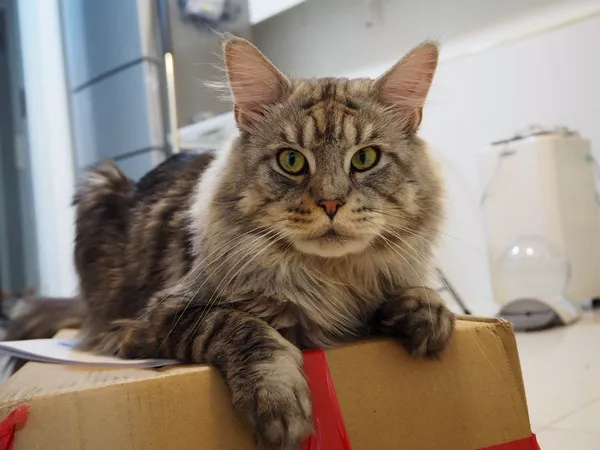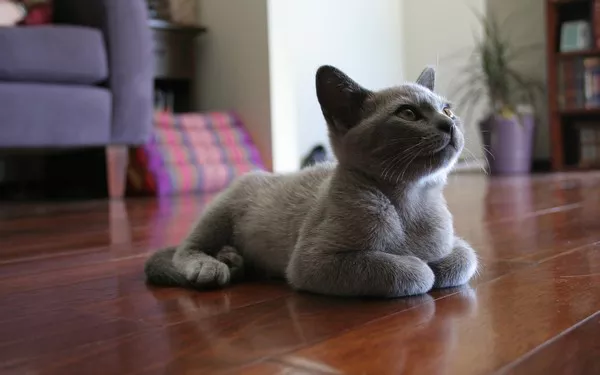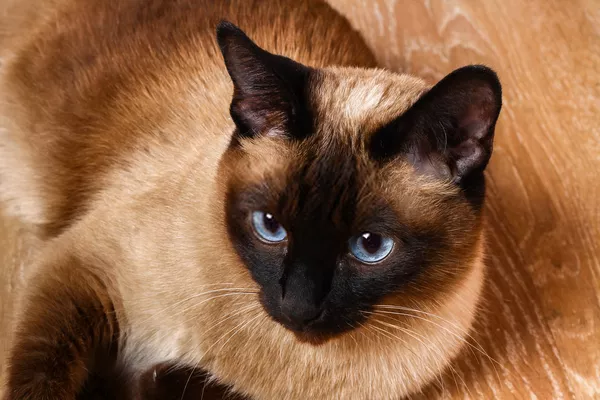Cats are known for their quirky and sometimes puzzling behaviors. From chasing shadows to kneading blankets, these feline antics can both amuse and bewilder cat owners. One particularly odd habit that some cats exhibit is an interest in chewing or eating human hair. If you’ve ever wondered why your cat is so fascinated with your locks, you’re not alone. In this article, we’ll explore the various reasons behind this curious behavior and whether it’s something to be concerned about.
Curious Cats
Before delving into the reasons why some cats eat human hair, it’s essential to understand that feline behavior is complex and often influenced by a combination of instincts, environmental factors, and individual quirks. While some behaviors are rooted in survival and hunting instincts, others are more puzzling and unique to individual cats.
Reasons Why Cats Eat Human Hair:
There are several potential explanations for why a cat might be drawn to human hair:
1. Texture and Sensation: Cats are known for their tactile explorations of the world. Human hair, with its soft and silky texture, can be enticing to a cat’s sensitive whiskers and paws. Chewing on hair might be a way for them to explore different sensations.
2. Nesting Instinct: Cats have a strong nesting instinct, especially when they are pregnant or nursing. In some cases, cats may be attracted to hair as a nesting material. They may carry strands of hair to create a comfortable and familiar environment for themselves and their kittens.
3. Comfort and Security: Just as a baby might find comfort in sucking their thumb or a pacifier, cats may derive a sense of comfort from chewing on hair. It can be a soothing and self-soothing behavior, particularly in stressful situations.
4. Hunting Instinct: Cats have retained many of their hunting instincts from their wild ancestors. In the wild, they may have chewed on the fur and feathers of their prey. Chewing on hair could be a manifestation of this hunting behavior.
5. Attention Seeking: Some cats learn that chewing on their owner’s hair gets their attention. If they’ve been rewarded with pets, play, or even scolding in response to this behavior, they may continue doing it to get a reaction from their human.
6. 2Nutritional Deficiencies: In rare cases, cats may chew on or eat hair due to underlying nutritional deficiencies. This behavior, known as “pica,” involves the consumption of non-food items and may be a sign of missing nutrients in their diet.
When to Be Concerned:
While the occasional nibble on your hair may not be a cause for concern, there are instances where this behavior may become problematic:
Ingesting Hair: If your cat is actually ingesting a significant amount of hair, it can lead to gastrointestinal issues. Hairballs are a common concern, and in severe cases, a hairball could lead to an intestinal blockage, which is a medical emergency.
Excessive Obsession: If your cat’s fascination with hair becomes an obsessive and compulsive behavior, it may be a sign of underlying stress or anxiety. In such cases, consulting with a veterinarian or a feline behaviorist may be necessary to address the root cause of the behavior.
Hair Ingestion Due to Pica: If your cat is consistently eating hair and also displaying pica behavior by ingesting other non-food items, it’s essential to consult with a veterinarian. This could indicate underlying health issues or nutritional deficiencies that need to be addressed.
Managing and Redirecting the Behavior:
If you’re looking to manage or redirect your cat’s hair-chewing behavior, here are some tips:
Grooming: Regular grooming can help reduce shedding and the availability of loose hair for your cat to chew on. Brushing your cat’s coat can also be soothing for them.
Environmental Enrichment: Provide your cat with a stimulating and enriched environment to reduce stress and anxiety. Interactive toys, scratching posts, and safe outdoor access (if applicable) can help alleviate boredom and redirect their focus.
Positive Reinforcement: If your cat displays other, less problematic behaviors, such as playing with toys or using a scratching post, offer positive reinforcement through treats, play, and affection.
Consult a Veterinarian: If you’re concerned about your cat’s hair-chewing behavior, particularly if it’s excessive or accompanied by other concerning symptoms, consult with a veterinarian. They can rule out any underlying health issues and offer guidance on addressing the behavior.
In Conclusion:
Cats are known for their quirky behaviors, and chewing on human hair is just one example of their unique idiosyncrasies. While this behavior is typically harmless, it’s essential to monitor it to ensure that it doesn’t become excessive or lead to health issues. By understanding the potential reasons behind your cat’s fascination with hair and taking steps to manage the behavior, you can maintain a harmonious and healthy relationship with your feline companion.
























